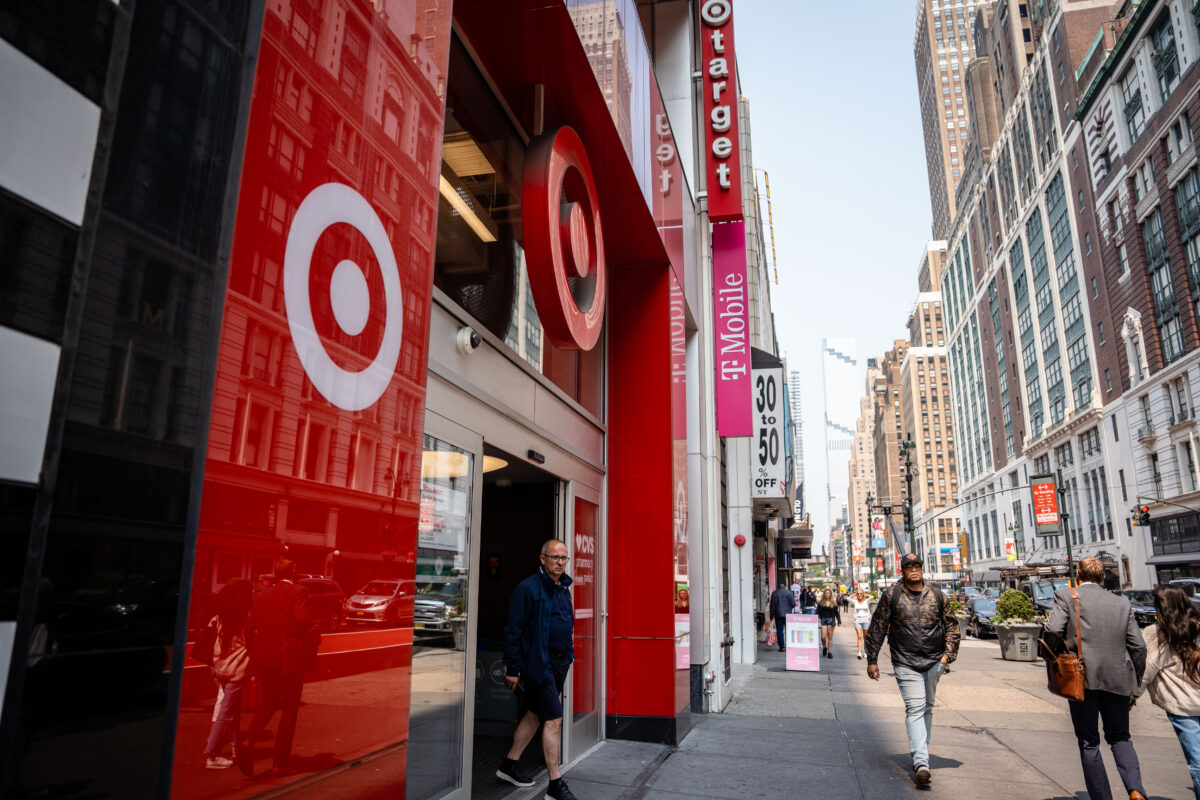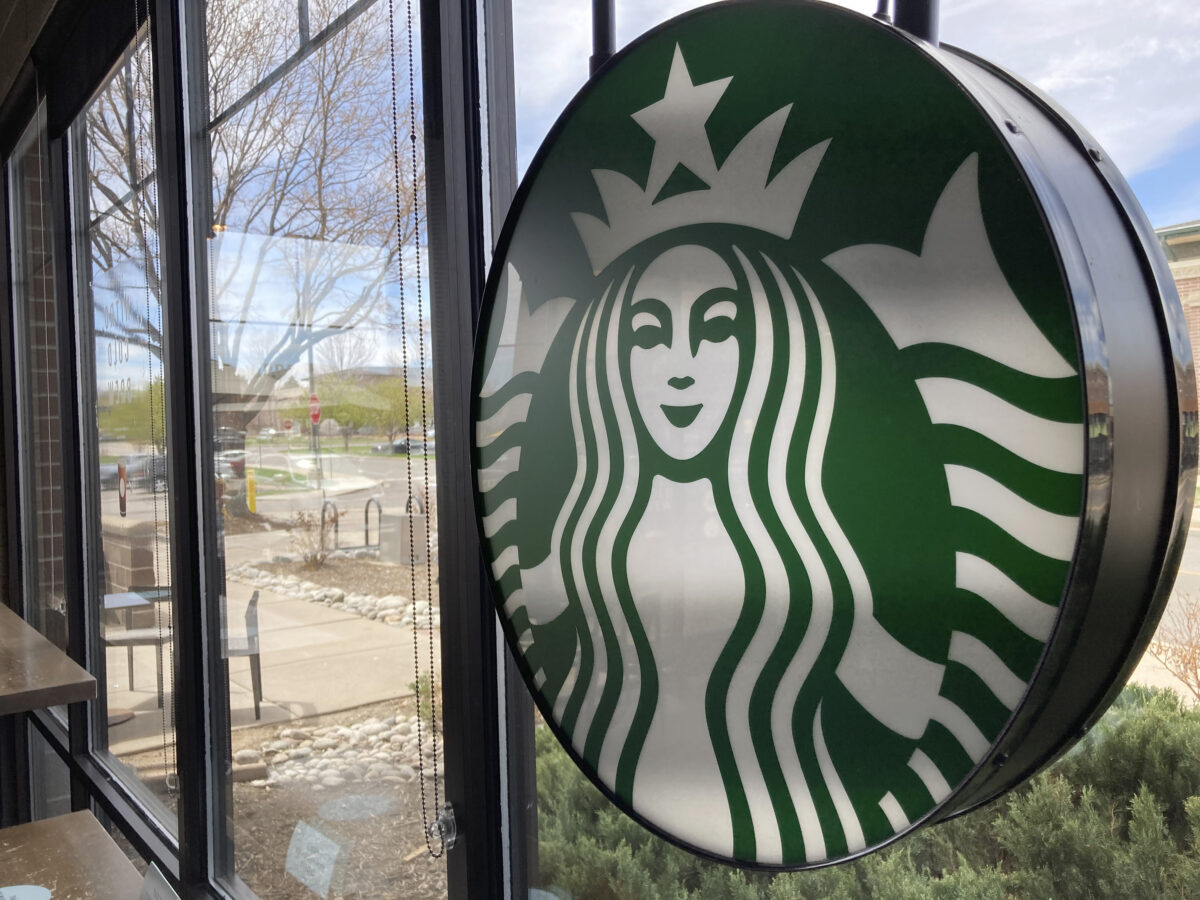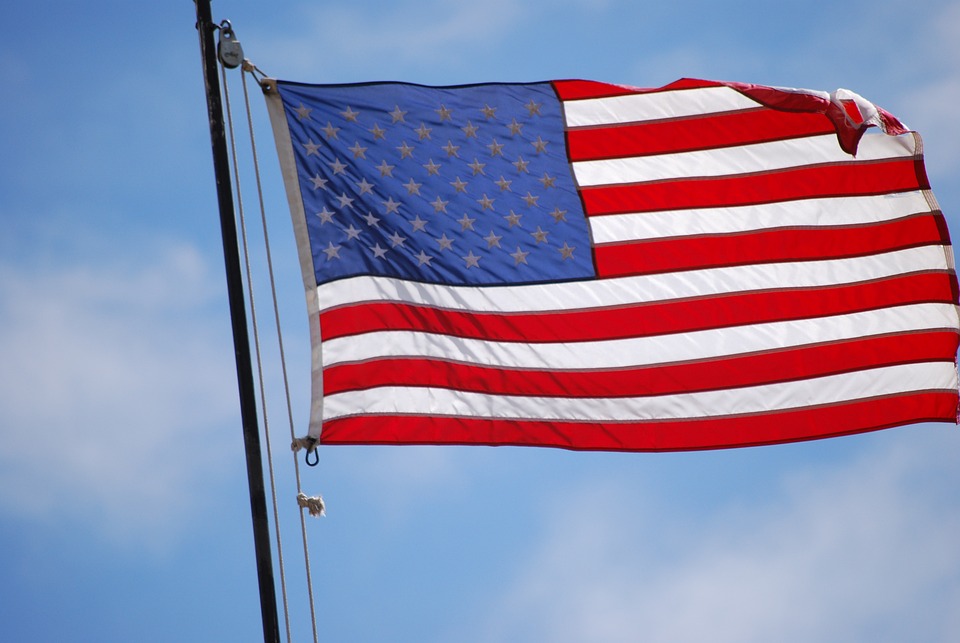Shares of Starbucks tumbled on Friday as a union representing the coffee chain’s baristas said on Friday that over 3,500 workers at over 150 locations would walk off the job next week to protest claims that the company banned some LGBT-themed decorations at some of its cafes.
The Starbucks Workers United union said in a statement on social media that next week’s strike has been called due to Starbucks’ “hypocritical treatment of LGBTQIA+ workers.”
The union claims that managers at dozens of Starbucks locations had prevented employees from putting up LGBT-themed flags and decorations, or had removed them, after some staff had pushed for them to be displayed during Pride Month.
In a Friday statement to media outlets, Starbucks said the union’s claims were untrue and part of a misinformation campaign amid ongoing contract negotiations.
“Workers United continues to spread false information about our benefits, policies, and negotiation efforts—a tactic used to seemingly divide our partners and deflect from their failure to respond to bargaining sessions for more than 200 stores,” Starbucks said in the statement.
Starbucks said last week that its support for LGBT causes remains “unwavering” and that it was still encouraging store managers to celebrate Pride Month as long as store safety guidelines were being observed.
Starbucks Workers United said in a separate statement that the strike is also partly about pushing the company to reach fair labor contracts for improved pay and benefits.
Shares of Starbucks, which runs about 9,000 company-owned locations in the United States, fell nearly 3 percent in markets that were broadly lower on Friday.
Starbucks, as some other U.S. retail brands, has faced criticism from conservatives over its pro-LGBT policies.
Backlash
A number of U.S. retail brands have faced backlash from conservatives over the display of LGBT merchandise or engaging in marketing partnerships with transgender influencers.
Target was forced to pull some LGBT-theme merchandise off shelves after confrontations between some shoppers and store workers, while Anheuser-Busch InBev’s efforts to market to the transgender community have led to a steep drop in sales of its Bud Light beer in recent weeks.
Other companies, including PetSmart, Chick-fil-A, and Walmart, have faced boycott calls due to their endorsement of the LGBT agenda.
Shareholders have also taken note. Earlier in June, New York State comptroller Thomas DiNapoli, who manages the state’s public pension funds, wrote to Starbucks, Target, and more than 50 other companies in which the funds are invested.
DiNapoli asked them to explain how they were managing corporate risks from recent backlash to their pro-LGBT stances, including their approach to state legislation that could hurt recruitment, and how they were supporting LGBT employees.
Starbucks was the first company to reply to DiNapoli, reiterating its pro-LGBT policy in a letter on June 14, which was viewed by Reuters.
In the letter, Starbucks reportedly highlighted a timeline that goes back many decades, when it began offering full health benefits to same-sex domestic partners.
Target Pushed to Restock Pride Merchandise
Following Target’s decision to pull some LGBT-themed merchandise from its stores, some 200 left-leaning groups demanded that the company fully restock all of its Pride merchandise and pledge its allegiance to the LGBT community.
“When it comes to advancing diversity, equity, and inclusion, there is no such thing as neutrality,” wrote the progressive coalition in a June 7 joint statement.
The coalition includes groups with a broader mandate like the National Association of Social Workers as well as ones more narrowly focused on LGBT interests like Grand Forks OUT and Proud.
The groups demanded that Target proclaim its “commitment to the LGBTQ+ community” in a public declaration within 24 hours; put Pride merchandise “in full” back on sales floors and online; and provide protection for staff “who are on the front lines” of what has become a highly charged issue.
Starting in mid-May, a number of conservative influencers and media personalities expressed alarm at pro-LGBT items carried by Target, prompting calls for a boycott.
The controversy spilled over into markets, hammering Target’s stock price. At the beginning of May, before the company rolled out its Pride collection, Target’s market cap was around $73 billion. As of June 23, the company’s market valuation sits at $61.1 billion.

Bud Light’s Pro-Trans Fallout
Beer brand Bud Light drew consumer backlash after using transgender social influencer Dylan Mulvaney in a promotional campaign.
The move triggered boycott calls, tanking the company’s sales and eroding its market cap.
Bud Light sales collapsed by 24.6 percent for the four weeks that ended on June 3, extending a decline triggered when the brand rolled out a personalized beer can featuring the face of Mulvaney—a male who identifies as a female.
“This month I celebrated my day 365 of womanhood and Bud Light sent me possibly the best gift ever—a can with my face on it,” Mulvaney said on April Fool’s Day.
Mulvaney, who has over 10 million followers on TikTok, posted a series of videos plugging Bud Light and showing off the personalized can.
Mulvaney’s engagement with Bud Light sparked outrage among many conservatives, some of whom accused the brand of promoting a transgender agenda and called for a boycott.
Reuters contributed to this report.


















































